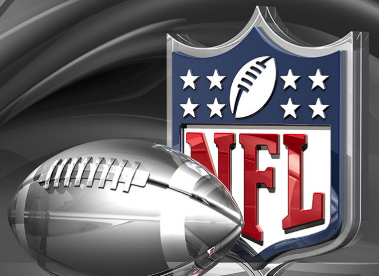Micah Parsons Traded to the Packers and Signs Mega Contract
- troyosborne2102
- Aug 28, 2025
- 3 min read

The Dallas Cowboys shocked the NFL by trading All-Pro linebacker Micah Parsons to the Green Bay Packers in exchange for two first-round draft picks in 2026 and 2027, along with Pro Bowl defensive tackle Kenny Clark. Immediately after the trade, Parsons signed a record-setting four-year, $188 million contract with Green Bay, including between $120 million and $136 million guaranteed, making him the highest-paid non-quarterback in NFL history. This blockbuster move has transformed the Packers into one of the NFL’s most dangerous Super Bowl contenders while simultaneously raising serious questions about Cowboys owner Jerry Jones’ decision-making and long-term legacy.
For the Packers, Parsons represents a defensive game-changer on par with their historic signing of Reggie White in 1993. Green Bay’s general manager Brian Gutekunst delivered a generational pass rusher at a time when the team is poised to compete at the highest level. Paired with Rashan Gary, Parsons immediately elevates the Packers’ front seven to one of the league’s most feared units. His versatility—rushing the passer, dropping into coverage, and blowing up run plays—brings a disruptive element the Packers have lacked for years. Analysts have already graded the trade an “A+,” with many believing Parsons is the missing piece needed to push quarterback Jordan Love and the Packers over the top in a crowded NFC. Coming just before the 2025 season opener, the acquisition has energized the locker room and fan base, signaling that Green Bay is all-in on winning now.
On the other hand, this trade represents a stunning setback for Jerry Jones and the Dallas Cowboys. Parsons had been the face of the Dallas defense and one of the league’s most marketable young stars. Negotiations between Parsons’ camp and Jones had grown contentious, with reports of disputes over contract guarantees and Jones’ unwillingness to meet Parsons’ asking price. After months of stalled talks, Parsons requested a trade, and Jones ultimately relented, dealing away a player many viewed as a once-in-a-generation talent. The fallout in Dallas has been brutal. Critics have accused Jones of “football malpractice,” suggesting that trading Parsons has set the franchise back several years and squandered its best chance to compete for a Super Bowl in the near future. For a team that hasn’t reached the NFC Championship Game since the 1995 season, losing Parsons underscores ongoing frustrations with Jones’ dual role as owner and general manager.
For Jones personally, the Parsons trade could become a defining moment in his legacy. Despite his business acumen and the Cowboys’ status as the NFL’s most valuable franchise, Jones has increasingly been criticized for mismanaging personnel decisions and failing to build a championship-caliber roster. Letting Parsons walk—especially to an NFC rival like Green Bay—might be remembered as one of his biggest missteps. Cowboys fans, who once viewed Parsons as the cornerstone of a dominant defense, are left grappling with a future that feels uncertain and a front office that appears out of sync with its roster’s prime competitive window.
Meanwhile, the Packers’ gamble signals a bold new era in Green Bay. With Parsons anchoring their defense and Jordan Love developing into a capable starter, the team has vaulted itself into the top tier of Super Bowl contenders. The move could prove transformative not just for the franchise but for the balance of power in the NFC. While Green Bay celebrates what could be its defining move of the decade, Dallas faces an offseason of second-guessing and soul-searching.
In the end, the trade of Micah Parsons to the Packers may go down as one of the most consequential deals in recent NFL history. For Green Bay, it’s an all-in bet on winning now and returning to Super Bowl glory. For Jerry Jones, it’s a potential turning point that could reshape how his tenure is remembered—not as the visionary who built “America’s Team,” but as the owner who let a generational talent slip away.




Comments